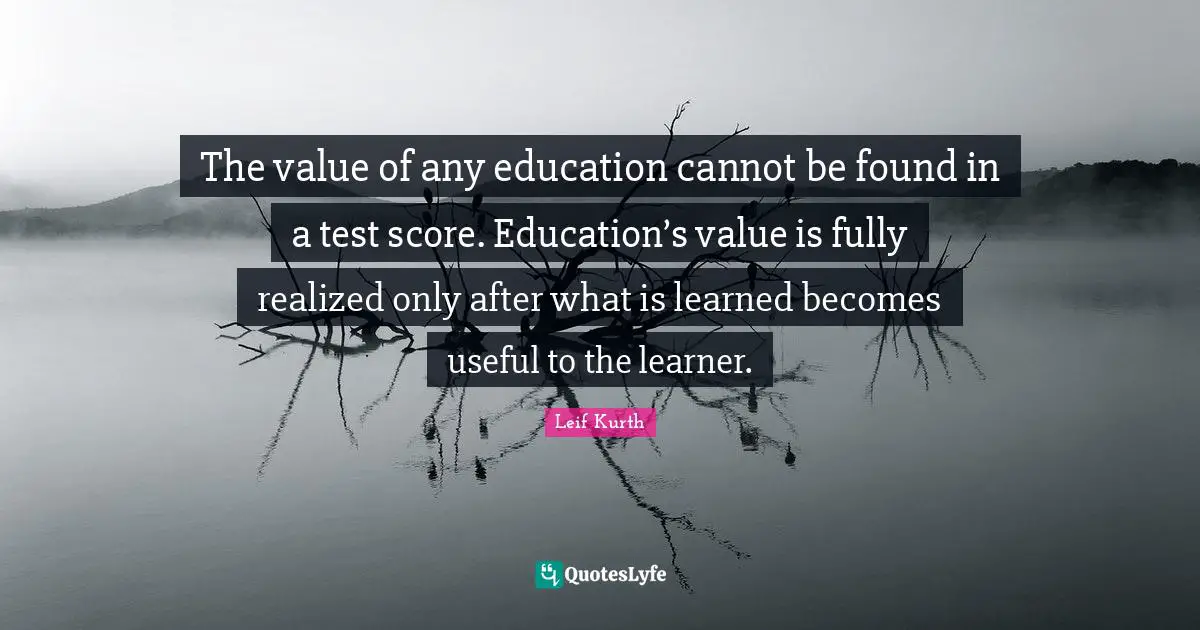“RELEVANCE OF NEW EDUCATION POLICY 2020 IN
PROLIFERATING AND SHAPING HUMAN RESOURCES”
Education policy consists of the principles and
government policies within the educational sphere as well as the collection of
laws and rules that govern the operation of education systems. It is implemented through institutions for various
purposes. Examples
include early childhood education, kindergarten through to 12th grade, graduate
and professional education, adult education and job training. Thus, education
policy directly affects the education of individuals engross in at all ages.
The NEP aims to increase the Gross Enrollment Ratio (GRE) to 50 per cent by 2035. It includes higher education, including vocational education from 26.3 per cent in 2018 to 50 per cent by 2035. The new Education Policy 2020 will play a key role in proliferating and shaping human resources and eventually an increase in the literacy rate of India. It aims to bring a reform in the higher education sector by providing a scope in all round progress of the children.
The main change that the new education policy can bring will be seen is that the teaching till class 5 has to be done in mother tongue or regional language .Moreover, this policy mainly focusses on the research-based teaching which is kind of contracting to the old teaching methods which are based only on the marks obtained rather than knowledge gained. The examination criteria will change from summative assessment to regular and formative assessment that will help the students to go in deep of each subject and gain knowledge instead of memorization.
Students will have to appear for examinations in
grades III, IV, and VIII, which will be conducted by the assigned authority. A
new National Assessment Centre, called PARAKH, which is short for Performance
Assessment, Review, and Analysis of Knowledge for Holistic Development, will be
established as a standard-setting body.
The policy can help reshape the future of the students
and help the emerging job seekers if it is implemented effectively. The policy
says, “There will be no hard separation among ‘curricular’, ‘extracurricular’,
or ‘co-curricular’, among ‘arts’, ‘humanities’, and ‘sciences’, or between
‘vocational’ or ‘academic’ streams.” In case if the students get discontinued,
they can still continue their learning process from where they have left as the
NEP will permit students to accumulate and retain their credits. Additionally,
the essential skills include vocational exposure and skills; digital literacy,
coding, and computational thinking help in the versatile development of a
student.
Thus, overall, the NEP 2020 is a really upright policy
as it aims at making the education system holistic, flexible, multidisciplinary,
aligned to the needs of the 21st century and the 2030 Sustainable Development
Goals and making the students future ready. Thus, the key to success will be
the way how this policy is implemented and will help in shaping the human
resources.
Reference:
- Education policy - Wikipedia
- https://www.hrkatha.com/news/union-cabinet-gives-green-signal-to-new-education-policy-2020/
- https://www.peoplematters.in/article/executive-education/impact-of-new-education-policy-on-employability-26554




No comments:
Post a Comment